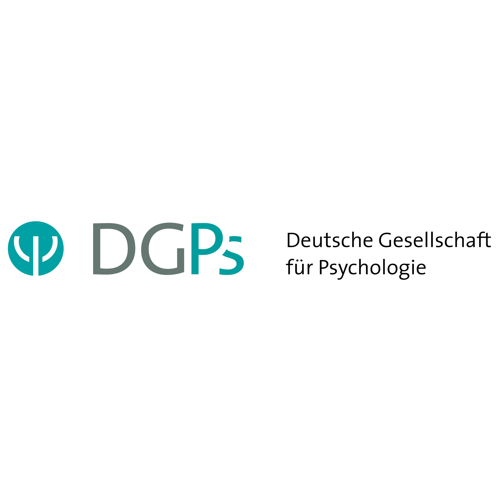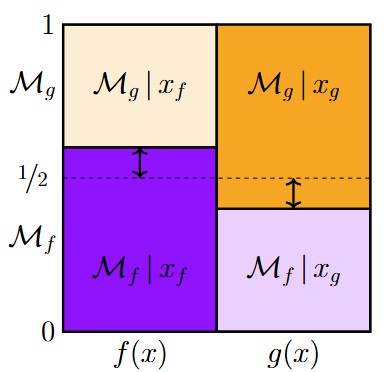This Monday in Frankfurt I presented a keynote lecture for the 51th Kongress der Deutschen Gesellschaft fuer Psychologie. I resisted the temptation to impress upon the audience the notion that they were all Statistical Sinners for not yet having renounced the p-value. Instead I outlined five concrete Bayesian data-analysis projects that my lab had conducted in recent years. So no p-bashing, but only Bayes-praising, and mostly by directly demonstrating the practical benefits in concrete application.
The talk itself went well, although at the beginning I believe the audience was fearful that I would just drone on and on about the theory underlying Bayes’ rule. Perhaps I’m just too much in love with the concept. Anyway, it seemed the audience was thankful when I switched to the concrete examples. I could show a new cartoon by Viktor Beekman (“The Two Faces of Bayes’ Rule”, also in our Library; concept by myself and Quentin Gronau), and I showed two pictures of my son Theo (not sure whether the audience realized that, but it was not important anyway).
The pdf of the presentation has been added to the Open Science Framework and is available at
https://osf.io/bg7p8/. All submissions for the 51st Kongress der Deutschen Gesellschaft fuer Psychologie 2018 may be viewed at https://osf.io/view/DGPs2018/.
NB: one of the concrete applications concerns a test for whether or not the digits in the decimal expansion of pi occur equally often. This does not seem like the best “pragmatic” example, an impression that is strengthened when you know that we (Quentin Gronau and I) considered the first 100 million digits, a sample size that in psychological experiments is usually beyond reach. The point, however, was that the Bayesian formalism allows you to monitor evidence as the data accumulate, and that it allows you to quantify evidence in favor of the absence of an effect — in the case of pi, this evidence was overwhelming.
NB2: My talk was flanked by two excellent symposia on Bayesian inference. This was great to see, especially at a very general conference on psychology. Maybe the Faith has finally gained a foothold…
References
Gronau, Q. F., & Wagenmakers, E.-J. (in press). Bayesian evidence accumulation in experimental mathematics: A case study of four irrational numbers. Experimental Mathematics. URL: https://arxiv.org/abs/1602.03423
Wagenmakers, E.-J. (2018). Bayesian advantages for the pragmatic researcher. Keynote lecture for the 51th Kongress der Deutschen Gesellschaft fuer Psychologie, Frankfurt, Germany, September 2018. URL: https://osf.io/bg7p8/
About The Author




